
Tamerlane
¥23.45
Nicholas Rowe was born in Little Barford, Bedfordshire, England, on June 20th, 1674. He was educated at Highgate School, and then at Westminster School under the tutelage of Dr. Busby.In 1688, Rowe became a King's Scholar, and then in 1691 gained entrance into Middle Temple. This was his father's decision (he was a barrister) who felt that his son had made sufficient progress to study law. While at Middle Temple, he decided that studying law was easier if seen as a system of rational government and impartial justice and not as a series of precedents, or collection of positive precepts.On his father's death, when he was nineteen, he became the master of a large estate and an independent fortune. His future path now was to ignore law and write poetry with a view to eventually writing plays.The Ambitious Stepmother, Rowe's first play, produced in 1700 at Lincoln's Inn Fields by Thomas Betterton and set in Persepolis, was well received. This was followed in 1701 by Tamerlane. In this play the conqueror Timur represented William III, and Louis XIV is denounced as Bajazet. It was for many years regularly acted on the anniversary of William's landing at Torbay. In 1704, he tried his hand at comedy, with The Biter at Lincoln's Inn Fields. The play is said to have amused no one except the author, and Rowe returned to tragedy in Ulysses (1706). For Johnson, this play was to share the fate of many such plays based on mythological heroes, as, "e;We have been too early acquainted with the poetical heroes to expect any pleasure from their revival"e;The Royal Convert (1707) dealt with the persecutions endured by Aribert, son of Hengist and the Christian maiden Ethelinda. The story was set in England in an obscure and barbarous age. Rodogune was a tragic character, of high spirit and violent passions, yet with a wicked with a soul that would have been heroic if it had been virtuous.Rowe is however well known for his work on Shakespeare's plays. He published the first 18th century edition of Shakespeare in six volumes in 1709. His practical knowledge of the stage helped him divide the plays into scenes and acts, with entrances and exits of the players noted. The spelling of names was normalized and each play prefixed with a dramatis personae. This 1709 edition was also the first to be illustrated, a frontispiece engraving being provided for each play. Unfortunately, Rowe based his text on the discredited Fourth Folio, a failing which many succeeding him also followed.Rowe also wrote a short biography of William Shakespeare, entitled, Some Account of the Life of Mr. William Shakespeare.In Dublin in 1712 a revival of his earlier play, Tamerlane, at a time when political passions were running high, the performance provoked a serious riot.The Tragedy of Jane Shore, played at Drury Lane with Mrs Oldfield in the title role in 1714. It ran for nineteen nights, and kept the stage longer than any other of Rowe's works. In the play, which consists chiefly of domestic scenes and private distress, the wife is forgiven because she repents, and the husband is honoured because he forgives.Whilst his plays met with little success at the time his poems were received extremely well. Although he was not prolific nor his output large the quality was high. With the accession to the throne of George I he was made a surveyor of customs, and then, in 1715, he succeeded Nahum Tate as poet laureate. It was the high point of his artistic life.He was also appointed clerk of the council to the Prince of Wales, and in 1718 was nominated by Lord Chancellor Parker as clerk of the presentations in Chancery. Nicholas Rowe died on December 6th, 1718, and was buried in Westminster Abbey.Rowe married first a daughter of a Mr Parsons and left a son John. By his second wife Anne, nee Devenish, he had a daughter Charlotte.
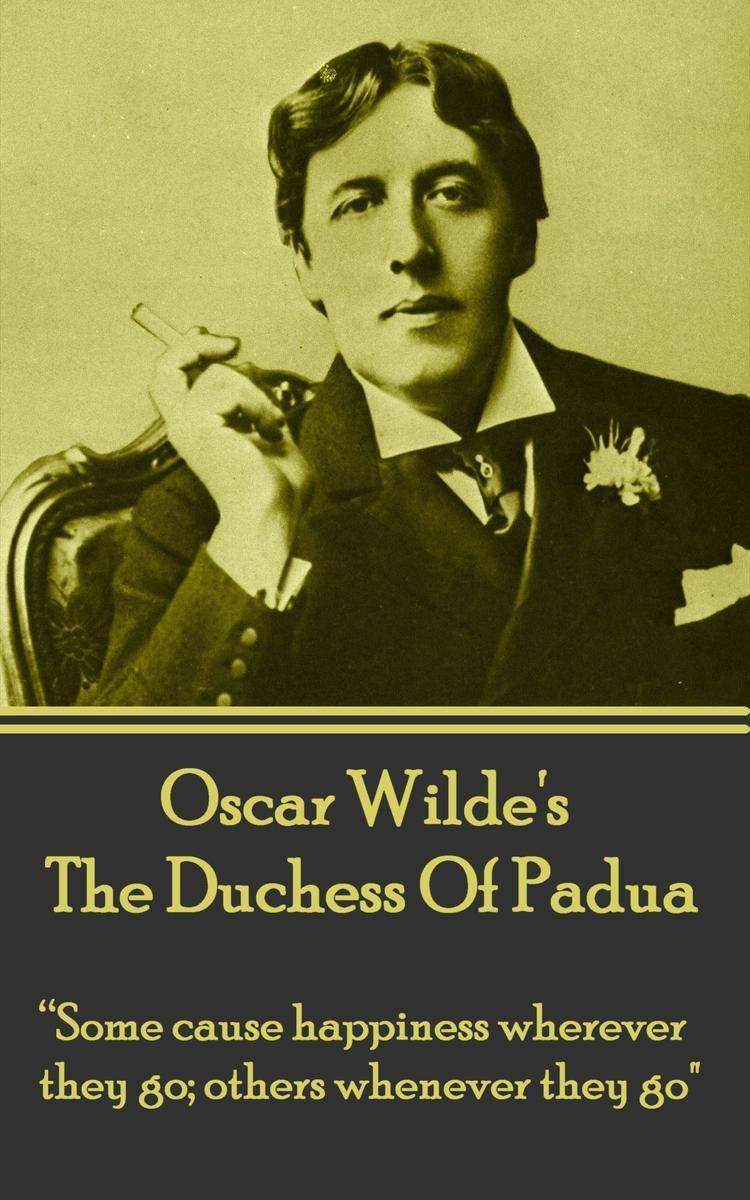
Duchess Of Padua - Some cause happiness wherever they go; others whenever they g
¥23.45
The Duchess of Padua is a play by the world famous wit Oscar Wilde. A five-act melodramatic tragedy set in Padua and written in blank verse. It was written for the actress Mary Anderson in early 1883 while in Paris. Alas she turned it down and it was abandoned until a run on Broadway re-titled Guido Ferranti. It ran for three weeks. It is rarely seen but on account of the immense talents of its author we thought it deserved a wider audience. We hope that includes you.
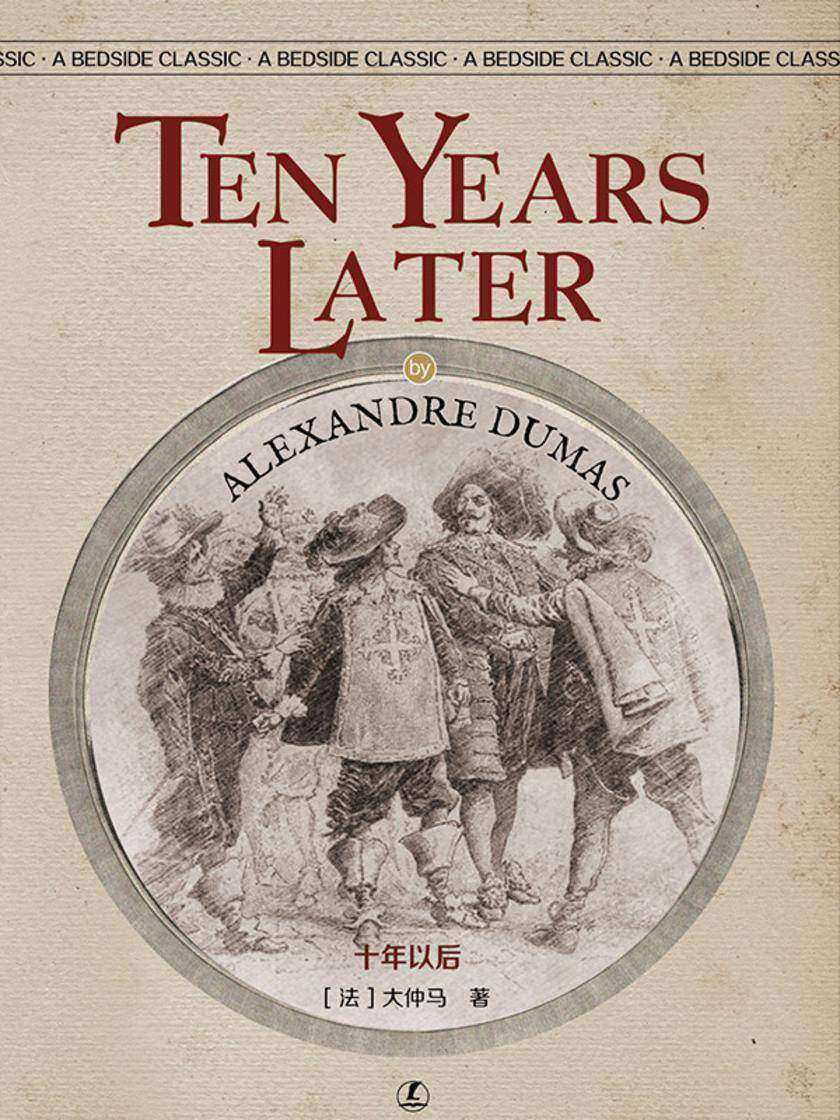
十年以后(英语文库)
¥23.99
本书作为我社“经典英语文库”第15辑中的一种,精选法国十九世纪著名作家大仲马所作长篇小说《十年以后》。本书是《三个火枪手》的续集。为“达塔尼昂浪漫三部曲”之一。三部曲的故事发展到《十年以后》一书中的阶段,个中的场景已不再是三十年前的刀光剑影、血雨腥风,取而代之的是法王路易十四挥金如土、宫闱暧昧、官场明争暗斗以及贵妇人之间争风吃醋等情节。其中,柔弱质朴、胆小怕事的路易丝·德拉瓦利埃小姐如何一步步被设局沦落为路易十四情妇的经过,为下来《路易丝·德拉瓦利埃》的展做足了铺垫。


傲慢与偏见(英文版)
促销价:¥7.99|¥23.99
这是奥斯汀*受欢迎的一部小说,它写的是爱情纠葛,但显然并不限于爱情。一本书能成为名著,当然不仅仅它能让人感到愉悦,更重要的是,它能让人有所启迪。 那时候,作者就告诉我们:为了财产、金钱和地位而结婚是错误的。但是,200年后,我们不还是如此吗?


福尔摩斯探案集(英文版)
促销价:¥6.99|¥23.99
精选了一些福尔摩斯的英文短篇探案故事,练练英文阅读还是好的,毕竟中文之外还有更多优秀的小说值得你阅读。
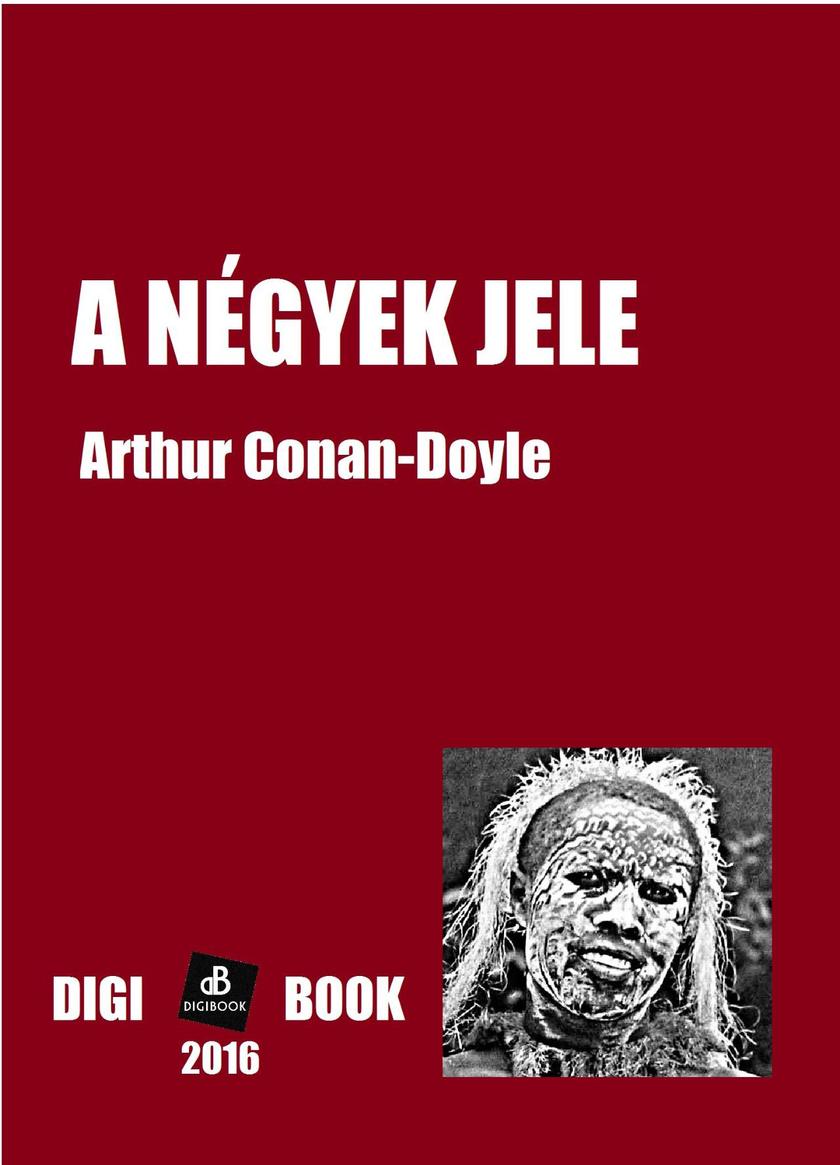
A Négyek jele
¥24.12
A Négyek jele
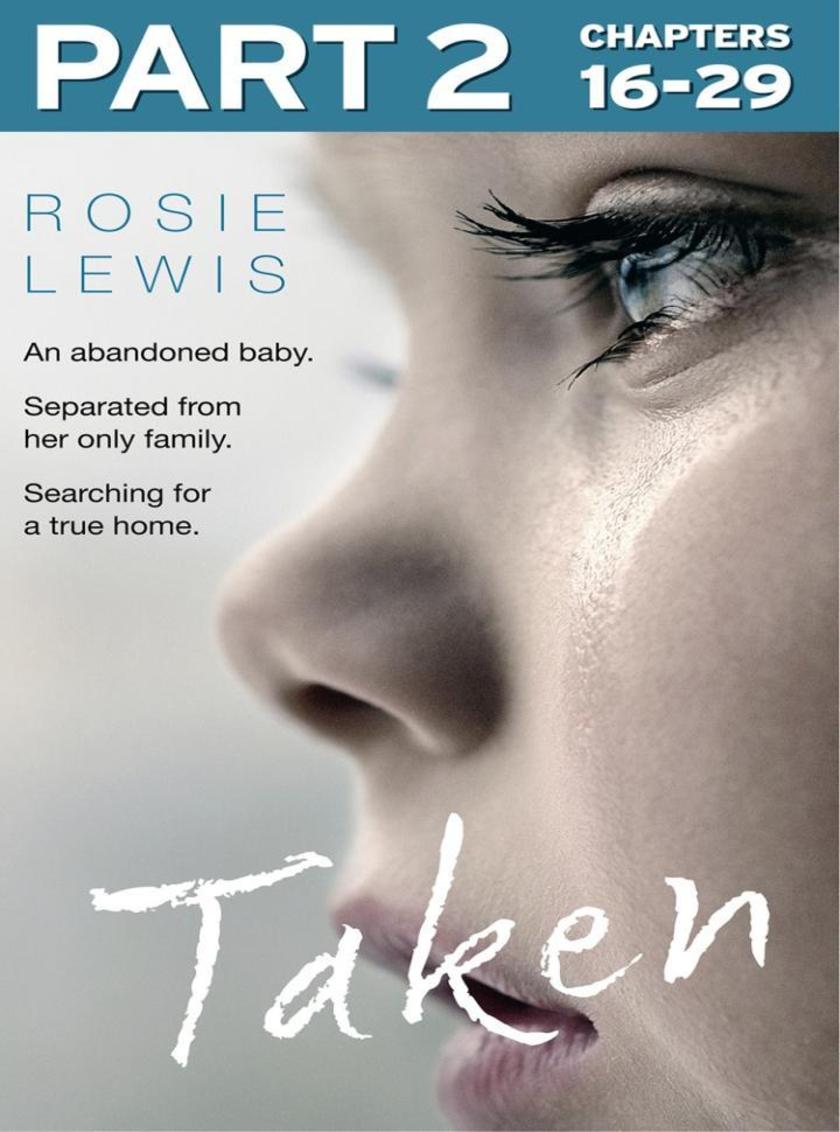
Taken: Part 2 of 3
¥24.33
Experienced foster carer, Rosie Lewis, takes on the heart-breaking case of Megan, a baby born with a drug addiction and a cleft palate. Addicted to drugs from birth because of her mother’s substance abuse during pregnancy, new-born Megan is taken into Rosie’s loving care. Rosie is supposed to help Megan find her new permanent home, but it turns out that Megan has already found her ‘forever mummy’ in Rosie. Rosie grows incredibly attached to Megan and applies to adopt her, but the system refuses her in favour of a young couple and Rosie is devastated. Against all her instincts, Rosie does her job and prepares Megan for her new ‘forever family’, but everything about Megan leaving feels wrong. When Rosie learns a few months later that Megan’s adoption has broken down, she is saddened but also filled with hope – will this little girl be allowed to return to her true ‘forever home’?
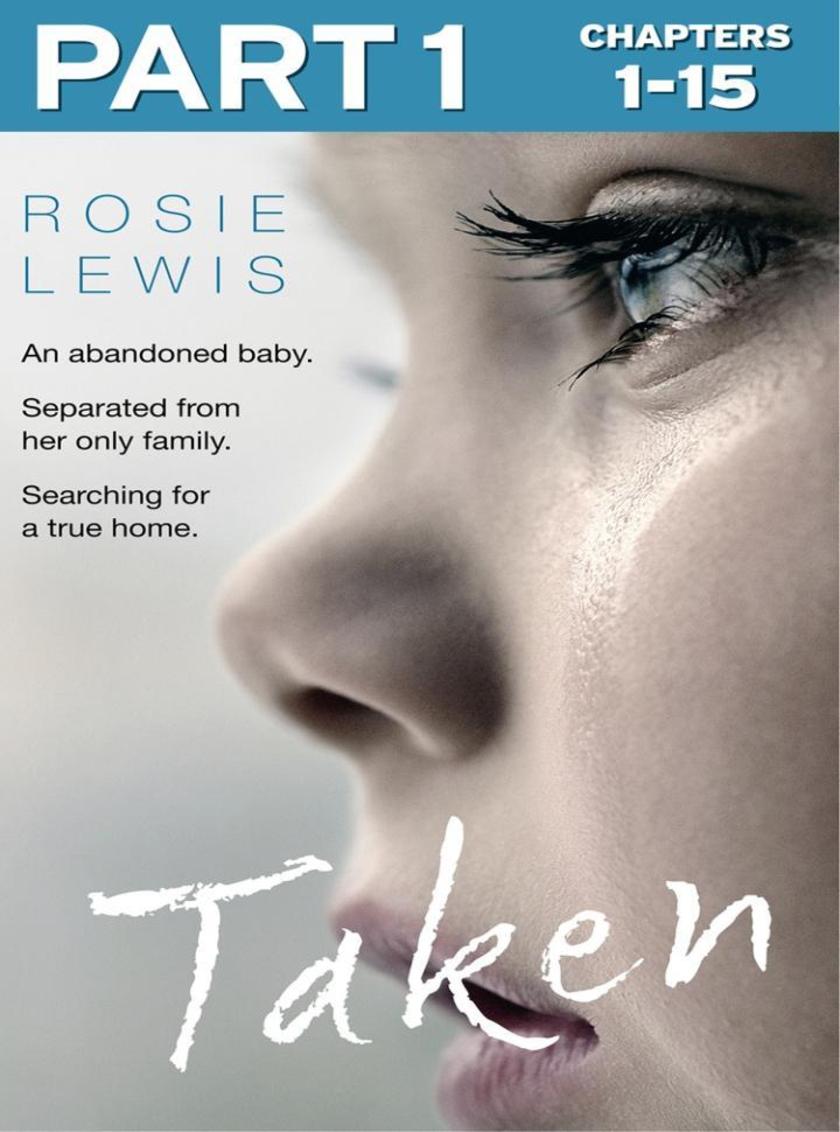
Taken: Part 1 of 3
¥24.33
Experienced foster carer, Rosie Lewis, takes on the heart-breaking case of Megan, a baby born with a drug addiction and a cleft palate. Addicted to drugs from birth because of her mother’s substance abuse during pregnancy, new-born Megan is taken into Rosie’s loving care. Rosie is supposed to help Megan find her new permanent home, but it turns out that Megan has already found her ‘forever mummy’ in Rosie. Rosie grows incredibly attached to Megan and applies to adopt her, but the system refuses her in favour of a young couple and Rosie is devastated. Against all her instincts, Rosie does her job and prepares Megan for her new ‘forever family’, but everything about Megan leaving feels wrong. When Rosie learns a few months later that Megan’s adoption has broken down, she is saddened but also filled with hope – will this little girl be allowed to return to her true ‘forever home’?
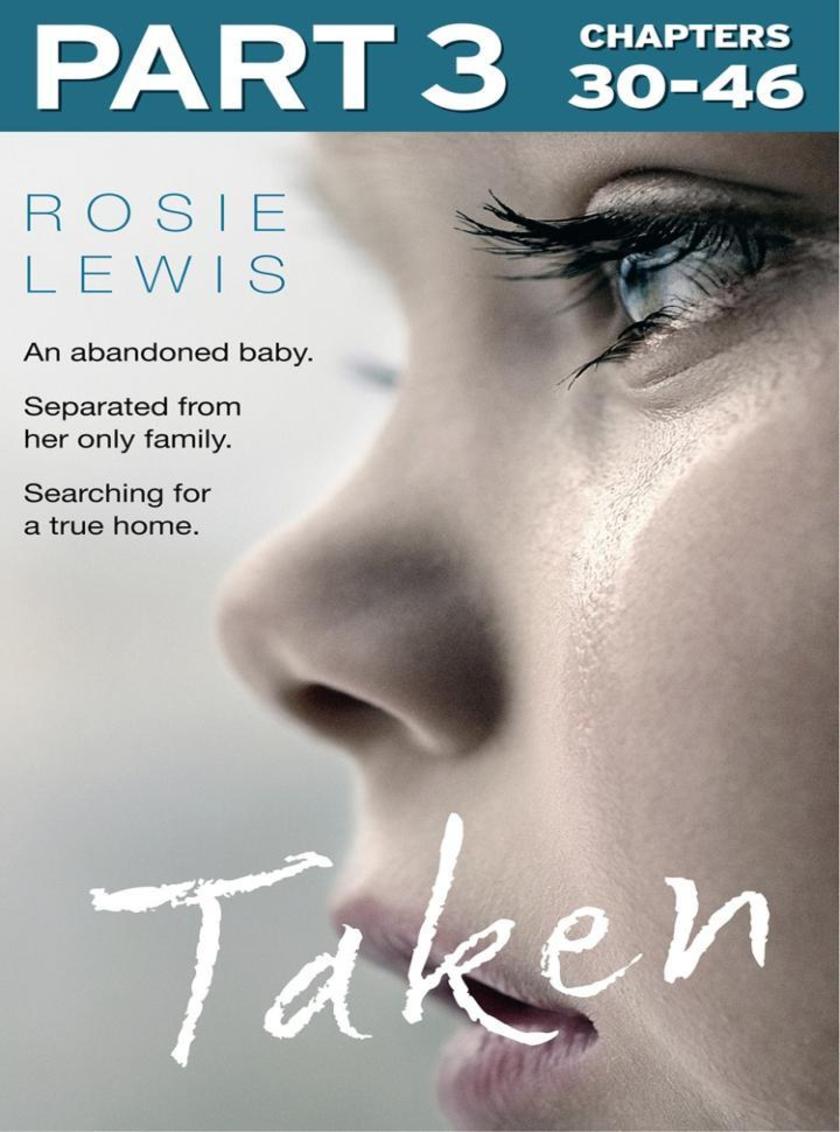
Taken: Part 3 of 3
¥24.33
Experienced foster carer, Rosie Lewis, takes on the heart-breaking case of Megan, a baby born with a drug addiction and a cleft palate. Addicted to drugs from birth because of her mother’s substance abuse during pregnancy, new-born Megan is taken into Rosie’s loving care. Rosie is supposed to help Megan find her new permanent home, but it turns out that Megan has already found her ‘forever mummy’ in Rosie. Rosie grows incredibly attached to Megan and applies to adopt her, but the system refuses her in favour of a young couple and Rosie is devastated. Against all her instincts, Rosie does her job and prepares Megan for her new ‘forever family’, but everything about Megan leaving feels wrong. When Rosie learns a few months later that Megan’s adoption has broken down, she is saddened but also filled with hope – will this little girl be allowed to return to her true ‘forever home’?
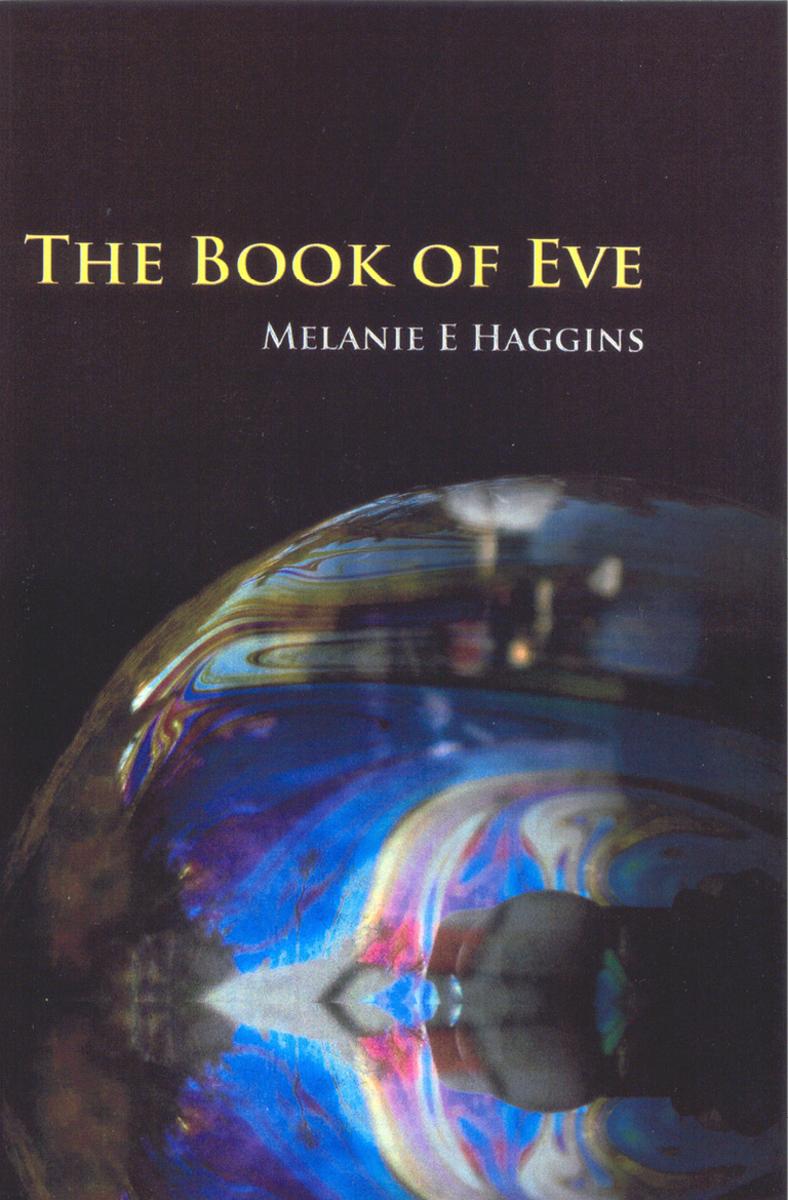
Book of Eve
¥24.43
The Book of Eve is neither male nor female, rather a poetic revelation of one's exploration of life. A quest for knowledge, wisdom, truths and understanding, Eve takes us on a heartfelt journey of discoveries, fears, needs and desires. Melanie E. Haggins is a poet, a creative writer and former radio personality. She is strongly influenced by a musical and business background, which later helped her to progress into the world of media as the host of her own popular radio magazine show, where she conducted celebrity interviews with musicians and vocalists alike. An inspirational figure to young people and women of all ages, Melanie has worked for many years as a passionate educator and mentor to young people within her community, championing a number of initiatives on behalf of young people and human rights. With a keen eye for innovation, she draws inspiration from all she encounters for the purpose of improving the lives of those who come into contact with her as she continues to put her visionary ideas and quests for truths into poetic forms.

Chimney The Poetic Story Of A Family Cat
¥24.44
Chimney is a much loved family cat who has chosen to tell her own story in poetic form as only a cat can. She charts her life from mischievous kittenhood to thoughtful maturity in the company of two glorious IRISH SETTERS. Cat lovers and owners everywhere will recognise many of her ways and cat philosophy and those, who do not know cats well, will be surprised at their observational skills!

Sketches Sartorial, Tonsorial and the Like
¥24.44
St Claire Bullock - a Professor of Philosophy, no less - in the intervals between pondering the great questions of life, turned his hand to penning light verse in the manner of Hilaire Belloc, Ogden Nash and Edward Lear. In rhyming couplets these wry and witty poems ponder the foibles and vanities of mortals. Some of these are captured in pen and ink drawings which caricature the subject of the poems. Each character is given an amusing name, beginning with Master Cecil Abercorn, through Clarence Castle, Serena Huff, The Marchioness of Mal de Mer, Major Houghton Reid and Thomas Tinkham Tattersall to Roland Washburn White. There are 70 poems in all of which 10 are illustrated. The illustration on the front cover relates to Rupert Ashe: 'The greatest pride of Rupert Ashe was his luxuriant moustache. He took great care to keep it groomed, And even, with restraint, perfumed. He brushed it upward every day, and it made such a grand display, that people who were not the wiser, imagined that he was the Kaiser.'
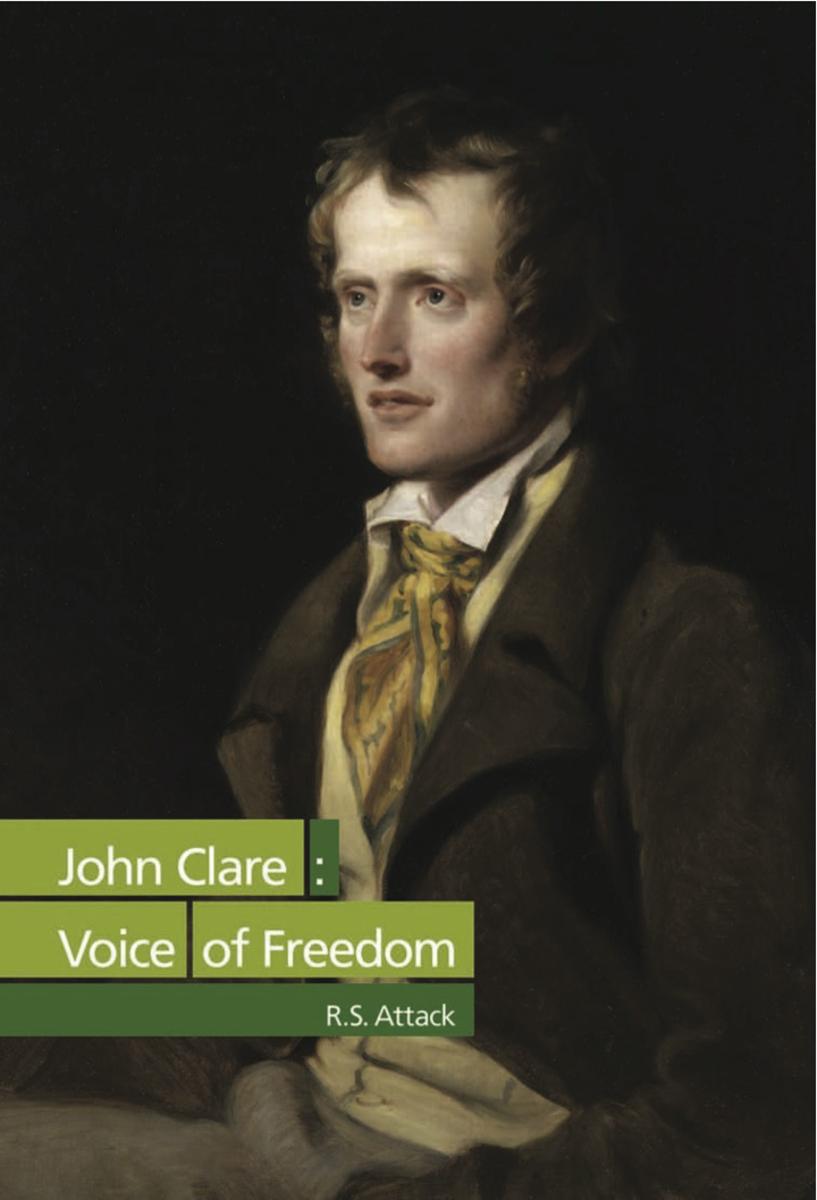
John Clare
¥24.44
John Clare (1793-1864) was born at a time of great social upheaval, just months after the beheading of Louis XVI and the outbreak of war with France which was to last till the defeat of Napoleon at Waterloo in 1815. He also lived through the upheavals of the land enclosure movement and agricultural revolution which changed the face of the countryside and the way of life in rural England. His father was a farm worker who managed to pay for his son’s schooling, though this was cut short as conditions worsened, but at least Clare had by then learnt to read and write so he could continue his own education, reading whatever books he could lay his hands on. At the age of sixteen he witnessed the social dislocation caused by the local enclosure Act and observed how the landscape was gradually transformed. Drawing on Clare’s writing, this extensively researched study gives the modern reader an appreciation of the divisive effects of these policies. Structured chronologically, this exploration of John Clare’s life highlights the socio-economic and environmental aspects of his observations and includes his reports on an insidious revolution taking place in the English countryside. Parliament, dominated by landowners, authorised the enclosure of large tracts of common land by private acts without considering the effect on those who had enjoyed rights of use and pasturage for centuries. Land enclosures, and the improved agricultural techniques which this permitted, was important in increasing food production at a time when the population of England was growing rapidly. While additional work was initially provided for agricultural labourers in the fencing and walling needed, this was temporary. The introduction of new, labour-saving machinery further reduced the opportunities for work. Insufficient attention, the author argues, has been given to the consequences. Those driven out of their homes in the country were left with no option but to migrate to the towns and sell their labour to whoever would pay for it. In effect, land enclosure created a market in land; landlessness created a market in labour. These are the foundations of our modern market economy. The author asserts that the harshness of the early years of the industrial revolution were the product of land enclosure which the welfare state has to some extent mitigated, although at the cost of creating a dependency culture in contrast to the sturdy independence of Clare’s parents’ generation of farm workers.

Secrets of Supply Chain Management!: Strategy, Planning and Operations!
¥24.44
Secrets of Supply Chain Management!: Strategy, Planning and Operations!

Budgeting
¥24.44
Budgeting

Investing for Beginners
¥24.44
Investing for Beginners

Day Trading: Strategies to Make Money with Day Trading
¥24.44
Day Trading: Strategies to Make Money with Day Trading

The Cryptocurrency Investing Guide: How to Invest and Trade Cryptocurrencies for
¥24.44
The Cryptocurrency Investing Guide: How to Invest and Trade Cryptocurrencies for BIG Profit in 2018

The Mental Math Magician
¥24.44
The Mental Math Magician

Real Estate: Ultimate Beginner's Guide to Real Estate Investing
¥24.44
Real Estate: Ultimate Beginner's Guide to Real Estate Investing

Secrets of Statistical Data Analysis and Management Science!
¥24.44
Secrets of Statistical Data Analysis and Management Science!




 购物车
购物车 个人中心
个人中心



